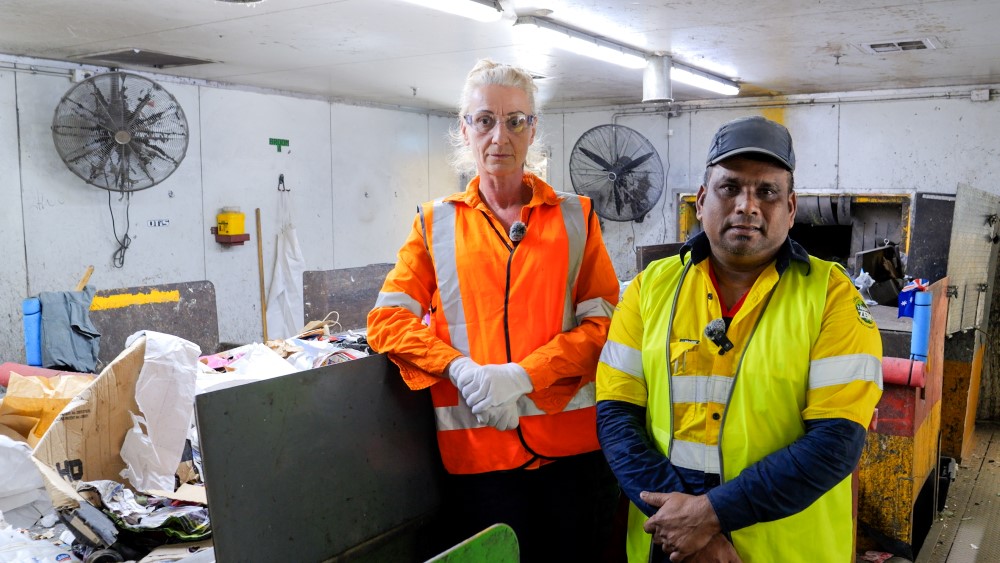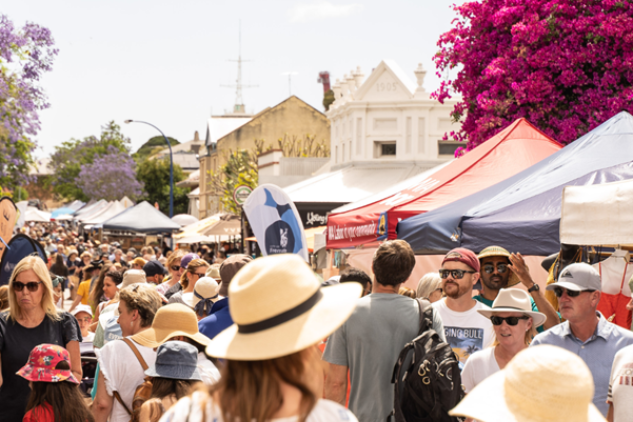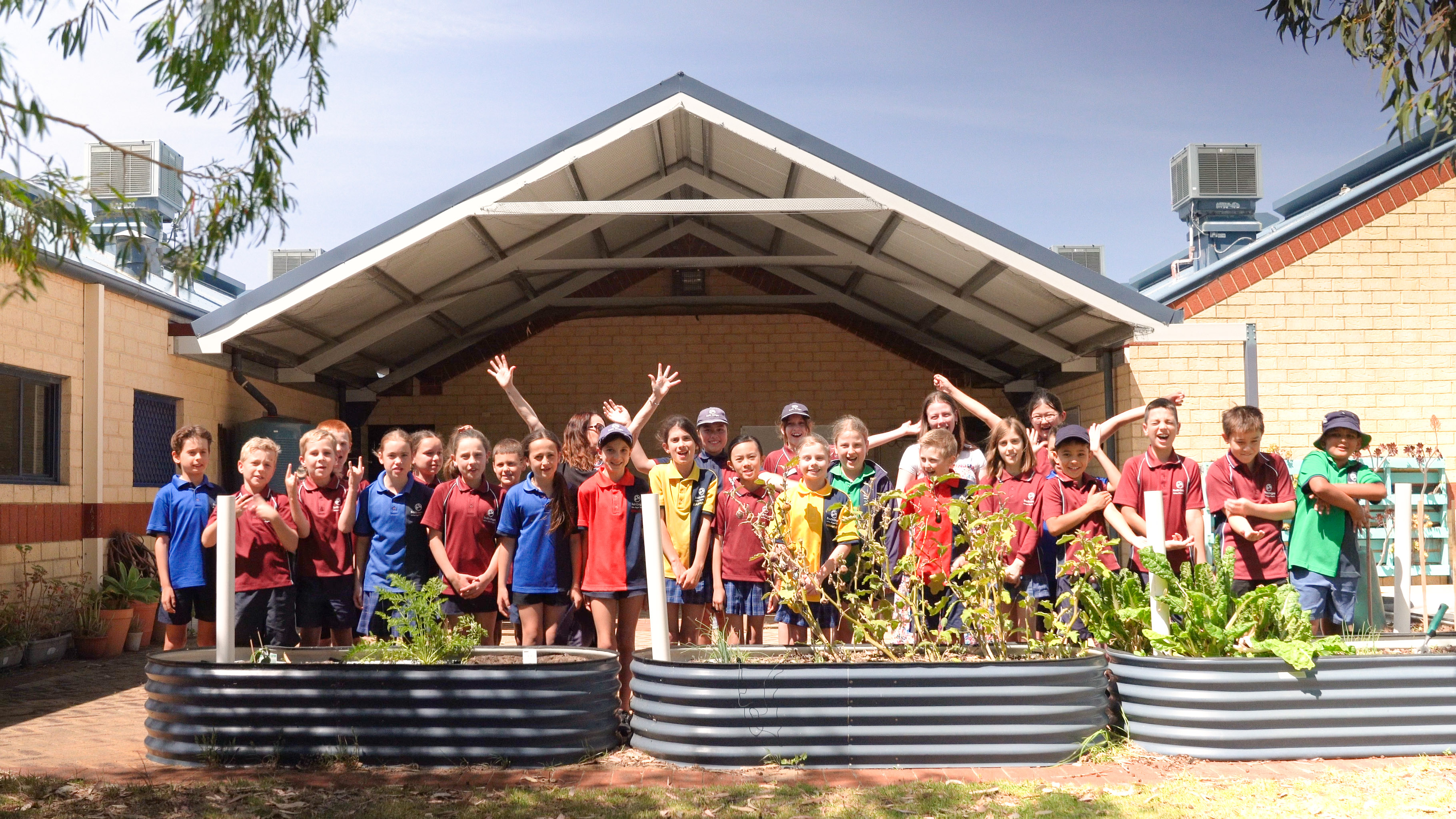
I feared for my life: waste workers call for action as battery fire risks surge
A City of Swan waste truck driver narrowly escaped a fiery ordeal recently when his vehicle was engulfed in flames, likely to be sparked by a lithium-ion battery.
Posted on: July 13, 2020
Did you know that in the past 70 years around 8.3 billion tonnes of plastic has been produced globally, but that only about 9% of it has been recycled? Pretty depressing right?

Aside from the plastic that’s been incinerated (about 12%), the rest is still here today, sitting in landfill, floating around in our oceans or rivers (unless of course it’s been recycled or still in use). And, by 2050 plastic production is estimated to more than double and there’s likely to be more plastic than fish in the sea.
Plastic has become a part of modern-day life – in fact, a lot of the items you’ll probably find you can’t do without (your computer/phone/tablet; your car, many kitchen appliances just to name a few) are made from or contain plastic.
Let’s be clear, when it comes to owning your impact, these aren’t the types of plastic we’re necessarily suggesting you need to give up.
If you look at the breakdown of how plastic is used (2015 data), it’s pretty clear where we need to begin when it comes to tackling our collective plastic problem.

More than a third of all plastic is being used for packaging.
But the good news about that is that A LOT of plastic packaging can be relatively easy to cut – or even better, eliminate – from your life.

Whether it be that plastic straw in a drink, plastic cutlery, balloons, or basically anything with the word ‘disposable’ attached to it you CAN say “no thanks”. Most of the time these aren’t your only options – go old school and drink from the glass or invest in an item that can be reused to do the job 100+ times rather than just once.

Embrace your local bulk food store, or at least the bulk food aisle at your local supermarket. BYO barrier/produce bags and containers and fill them up. Invest in reusable bags, a coffee cup and drink bottle that you’re happy to carry around so that you have it easily accessible when you need it!

From beeswax wraps to bamboo-fibre cleaning wipes and band aids, there are a lot of environmentally-friendly items that have become increasingly easy to buy in recent years. Health food stores, markets with handmade items and online are great places to look for reusable items. Why not choose one single-use plastic to eliminate today and do your research right now?

Not all plastics are equal. In WA most single-use plastic bottles and containers can be recycled in your yellow-topped bin so long as they are clean.

Stop making impulsive purchases or buying items simply because you’ve gotten into a (bad) habit. Take your reusable bags with you. Don’t buy that plastic toothbrush just because it’s what you normally do. Opt for the version that’s sold in a jar with a metal lid, rather than the one in plastic.

Not sure how to start, or go the next step? It’s actually ok to ask. Why not join our helpful community on Facebook or a group that’d dedicated to plastic-free living.
If we were to add a little extra effort, plan ahead and just say no – we can prevent plastic from ending up in our waterways, ocean, landfill and eventually on supermarket shelves.

A City of Swan waste truck driver narrowly escaped a fiery ordeal recently when his vehicle was engulfed in flames, likely to be sparked by a lithium-ion battery.

16,000 GREAT sorts attended the East Fremantle George Street Festival last December with less than 40kg of waste sent to landfill.

Over the past 12 years, South Coogee Primary School has earned a reputation as a sustainability champion thanks to their comprehensive school-wide program.